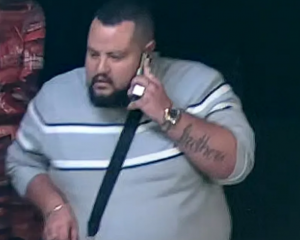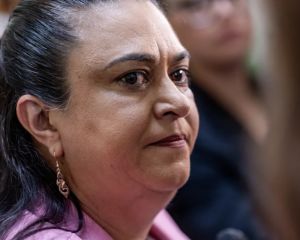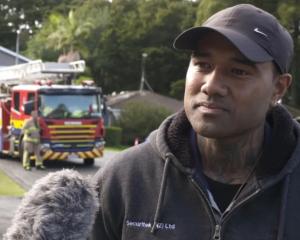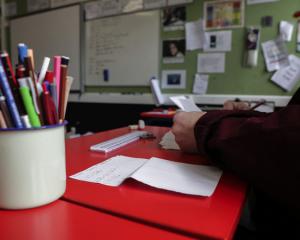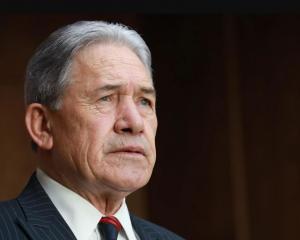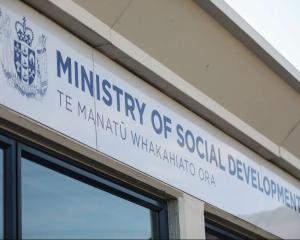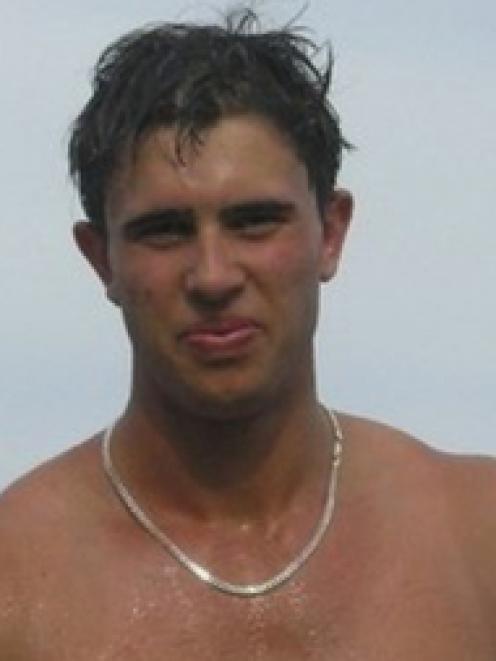
The Auckland District Health Board last night said it would not appeal against a High Court ruling that lifted the veil of secrecy and allowed three nurses and a now-deceased doctor who cared for Zachary Gravatt to be named.
The Medical Association had earlier said the decision was a "dangerous precedent" but Zachary's parents said last night it was a victory for open justice and freedom of speech.
Earlier, in 2011, Coroner Brandt Shortland had suppressed the names of the four health practitioners - and a fifth whose name remains banned from publication.
A medical student, Mr Gravatt died aged 22 at Auckland City Hospital in 2009, at the height of the swine flu pandemic, from blood poisoning and organ failure caused by meningococcal C bacteria. He was suspected of having influenza, and only 75 minutes before he died was meningococcal disease suspected.
He died at 7.15pm on July 8, just over 15 hours after he woke up with a fever and in extreme pain.
His father, Lance, who took the coroner's suppressions to review at the High Court before Justice Christian Whata, said it was not his intention that the health practitioners be publicly named and shamed.
He and Mr Gravatt's mother, Jenny, felt "it's the last dignity that those who cared for Zachary can give him after he's died - to ... put their hand up and say, 'I was part of the team that looked after Zachary on the day and it didn't work out how we would have wanted it to work out and for that, we are sorry'."
Mr Gravatt thanked the health board for deciding not to appeal against the court ruling. "It means a lot to Jenny and I and the family. I feel that Zac will rest easier.
"I think it's a brave decision from Justice Whata and one that I think all New Zealanders should celebrate. Freedom of speech and open justice have been reaffirmed by the High Court and they apply to all New Zealanders equally."
There was medical evidence at Mr Shortland's inquest that the true cause of Mr Gravatt's infection could have been detected sooner had there been regular recording of his vital signs, especially his blood pressure.
The coroner suppressed names because of the perceived risk that the health workers could be subjected to unfair media criticism, a form of punishment. This was despite his finding that the delays in recognising and treating Son's last dignity: Father wins right to name hospital carers meningococcal infection were the fault of the health system and the stress it was under, rather than individual health workers.
He also argued that allowing the names to be published would discourage other health workers from coming to New Zealand to work and would undermine confidence in the health system.
But Justice Whata, in revoking four of the suppression orders, said the coroner's emphasis, which he endorsed, on systemic rather than individual failure "strongly mitigates" any adverse impact of the facts of the case on the health workers' reputations.
He also dismissed the coroner's deterrence-effect argument.
The board's chief executive, Ailsa Claire, said it was disappointed by the court decision but had decided not to appeal.
"The current ruling provides clear guidelines so that we can continue to support and protect our staff members, whilst ensuring that our resources are allocated in a pragmatic way to improve the health of the Auckland population."
A lawyer not involved in the case, Jonathan Coates, said Justice Whata's ruling was an unequivocal reminder to coroners that the presumption was for open justice unless there were particular reasons to the contrary.
The health workers
Dr Peter Black (deceased), consultant in internal medicine.
Claire Child, emergency department charge nurse.
Emma Hill, assessing nurse/nurse educator.
Evan Gounder, clinical charge nurse, admission.


